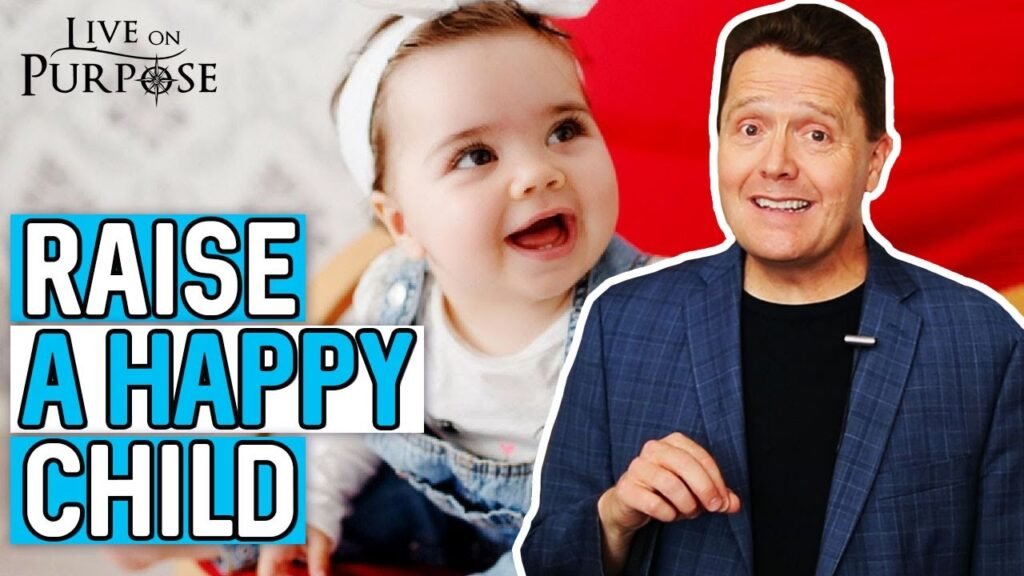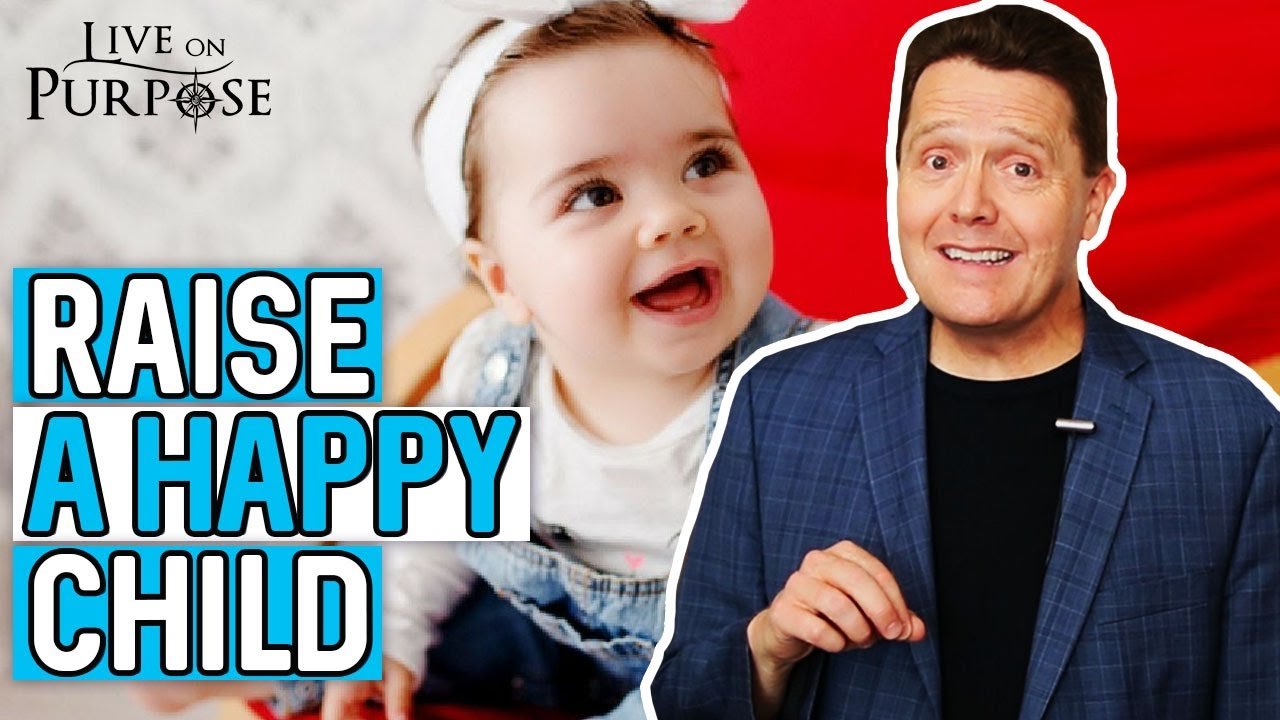Are you struggling to handle your energetic toddler? Don’t worry, you’re not alone! In this article, we will explore positive parenting tips for toddlers, helping you better understand their capabilities and needs. We will delve into the basic control and maturity model, discussing the relationship between control and maturity in your child’s life. By grasping this concept, you will gain insight into how to navigate the challenges of raising a toddler. So, stay tuned for practical tips and strategies that will make your parenting journey a little smoother.
When it comes to toddlers, it’s important to recognize that they have limited control over their own lives. As parents, we play a crucial role in guiding and shaping their behavior. By understanding the control and maturity spectrum, we can effectively support our children in their development. This article will provide you with strategies to assert appropriate control while cultivating a positive and loving environment for your little one. From consequences to language enrichment and offering choices, we will explore various approaches that promote healthy growth and understanding in your toddler.

Understanding Control and Maturity
Control and Maturity Model
The control and maturity model is a way to understand the relationship between control and maturity in individuals. When we plot control against maturity on a graph, we can see that control starts at zero and goes up to 100% on the control axis, while maturity represents how grown-up a person is. The more mature a person becomes, the more control they have over their own life.
Relationship between Control and Maturity
The relationship between control and maturity is that as a person becomes more mature, they gain more control over their own life. This means that toddlers, who are at the early stage of development, have limited control over their life. As parents, we have to take most of the control and guide our toddlers through their actions and choices.
Toddlers and their Level of Control and Maturity
Toddlers are at the stage of minimal control and maturity. They are still learning and developing, and their ability to understand complex thinking and make autonomous decisions is limited. As parents, we need to guide and support our toddlers in their actions and choices.
Parenting Strategies for Toddlers
Use of Consequences
Since toddlers are at a stage where they are not capable of complex thinking, it is important to focus on consequences as a means of discipline. Consequences should be used in a kind and loving way, helping toddlers understand the cause and effect of their actions.
Enforcement and Cooperation
Toddlers may not always be willing to cooperate with instructions or requests. As parents, we need to enforce certain actions or choices without depending on their cooperation entirely. This means setting clear boundaries and ensuring that our toddlers follow through.
Creating a Language-Enriched Environment
Toddlers are still learning their language skills, so it is important to create an environment that enriches their language development. This can be done through engaging conversations, storytelling, and exposing them to a variety of vocabulary.
Giving Simple Instructions
Toddlers may struggle to process complex instructions or commands. Therefore, it is important to keep instructions simple and clear. Giving one-step instructions allows toddlers to understand and complete tasks more easily.
Guiding and Directing Physically
Due to their physical abilities, toddlers may need physical guidance and direction. This can involve gently guiding or ushering them along, helping them understand the expected behavior or action.
Introducing the Concept of Choice
Even at a young age, toddlers can start learning about making choices. Introducing the concept of choice allows them to feel a sense of control and independence. It is important to offer two choices, both of which you as a parent are okay with.
Offering Two Choices
When offering choices to toddlers, it is best to provide them with two options. Both choices should be acceptable to the parent, ensuring that the child can make a decision within those parameters.
Controlling and Enforcing One Choice
While offering choices to toddlers, it is important to enforce or control one of the choices to maintain a safe and appropriate environment. This helps toddlers understand that their choices have consequences.
Modeling Positivity
Toddlers learn by observing and imitating their parents. It is important to model positivity in our language, behavior, and actions. By maintaining a positive attitude, we can create a positive and loving environment for our toddlers.
Positive Emotional Tone in Discipline
Discipline should be approached with a positive emotional tone. By disengaging emotions from discipline and focusing on building a positive relationship, toddlers can learn to associate discipline with love and guidance rather than fear or negativity.
Applying Positive Parenting
Controlling with Kindness and Love
When exercising control over our toddlers, it is crucial to do so with kindness and love. By maintaining a gentle and understanding approach, we can guide them effectively without causing unnecessary stress or distress.
Keeping a Positive Emotional Tone
Maintaining a positive emotional tone throughout parenting helps create a loving and nurturing environment for our toddlers. By using positive language, expressing love, and showing empathy, we can strengthen the parent-child bond.
Disengaging Emotion from Discipline
While disciplining our toddlers, it is important to disengage our emotions. This allows us to respond calmly and rationally, focusing on teaching and guiding rather than reacting impulsively out of frustration or anger.
Positive Modeling and Building Relationships
As parents, we play a significant role in modeling positive behavior and building strong relationships with our toddlers. By being a positive role model, we can teach them empathy, compassion, and other essential values.
Applying Consequences in a Kind Way
Consequences are a valuable tool for teaching toddlers about cause and effect. However, it is crucial to apply consequences in a kind and loving way, ensuring that they understand the reason behind the consequence and how to learn from it.
Parenting Power-Up Course
To further enhance parenting skills and learn more about positive parenting strategies, consider enrolling in the Parenting Power-Up course. This comprehensive program covers various stages of child development and provides in-depth guidance on positive parenting approaches.
Conclusion
Summary of Positive Parenting Tips for Toddlers
In summary, understanding the control and maturity model helps us comprehend the limited control and maturity our toddlers possess. By using consequences, enforcing certain actions, creating a language-enriched environment, giving simple instructions, guiding physically, introducing the concept of choice, and modeling positivity, we can apply positive parenting strategies to create a loving and nurturing environment.
Importance of Understanding Control and Maturity
Understanding the level of control and maturity toddlers possess is crucial for effective parenting. By recognizing their limitations and adjusting our expectations accordingly, we can guide and support them in their development.
Impact of Parenting Strategies on Toddlers
Applying positive parenting strategies can have a significant impact on toddlers’ development and behavior. By providing a supportive and loving environment, we can foster their emotional, cognitive, and social growth.
Promoting a Positive and Loving Environment
In conclusion, positive parenting techniques and strategies can create a positive and loving environment for toddlers. By focusing on kindness, empathy, and understanding, we can guide them through their early years, setting a foundation for their future well-being.

